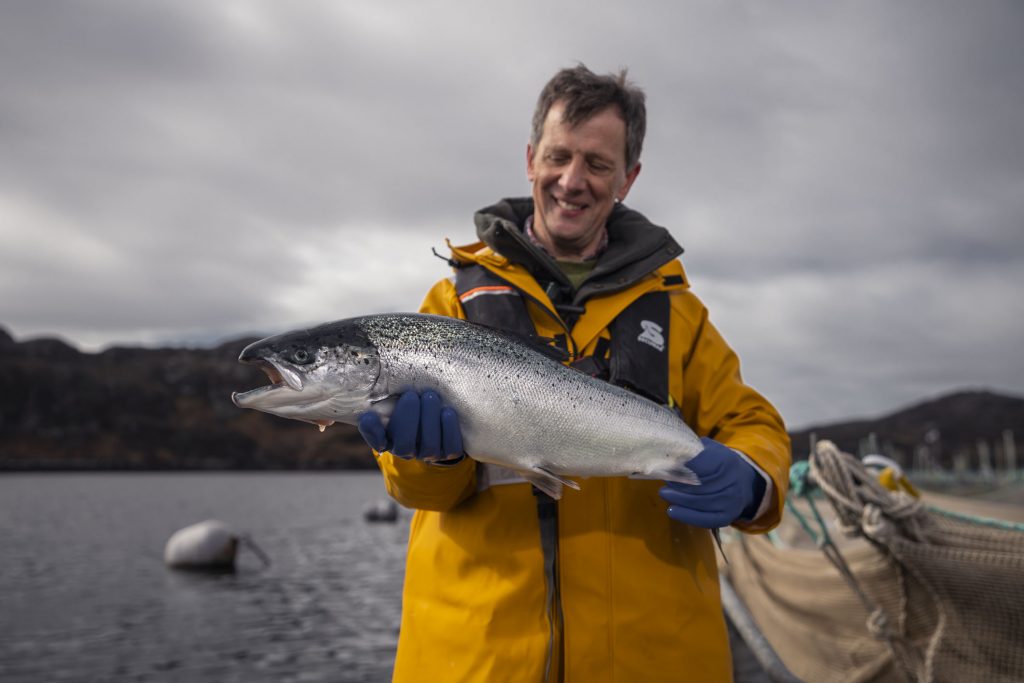
News & Views
Disease Management
Fish Health
Research
Scottish researchers aim to improve water impact of fish gill health
August 29, 2019 By Hatchery International staff
 (Credit: Scottish Aquaculture Innovation Centre)
(Credit: Scottish Aquaculture Innovation Centre) The Scottish Aquaculture Innovation Centre (SAIC) is bringing together a consortium of aquaculture experts to fight against gill health diseases in salmon.
The research group, consisting of Loch Duart, Nevis Marine, the University of Stirling’s Institute of Aquaculture, Pulcea, Norway’s Institute of Marine Research and the SAIC, will test the effect of fresh and low salinity water on fish’s gills.
“Gill health is one of the biggest challenges facing aquaculture across all salmon-producing countries,” Caroline Griffin, SAIC aquaculture innovation manager, said in a statement. “The health of a fish’s gills is absolutely critical to its overall wellbeing and finding new ways of treating issues affecting them, without relying on medicine, could be highly significant for the industry. It could also make a major contribution to the Scottish Government’s Farmed Fish Health Framework.”
Using freshwater to treat fish affected by amoebic gill disease is a well-established practice in aquaculture. However, transferring seawater-adapted salmon to freshwater risks short-term stress for the fish and in some cases, lead to stock mortalities.
Building on research from Loch Duart, the research group is hoping to test the effect of a variety of water parameters, including temperature, oxygenation, pressure, salinity and pH levels. The project will incorporate global techniques, such as gas infusion from Canada, membrane filtration from Norway and water quality monitoring from Australia.
The project hopes to find the right balance of conditions for treating gill health of compromised salmon, in order to reduce use of medicines and create better conditions for cleaner fish.
“This project touches everything in the aquaculture industry and could have a transformative effect on the treatment of salmon health,” said Giada Desperati, R&D coordinator at Loch Duart. “While the primary area of enquiry is on gill health, the results could also point us towards more suitable conditions for cleaner fish and the treatment of sea lice – another of the industry’s biggest challenges.”
Print this page
Advertisement
- Seafood Expo Asia cancelled due to Hong Kong protests
- Future outlook: An examination of how hatcheries will evolve over the next 20 years





